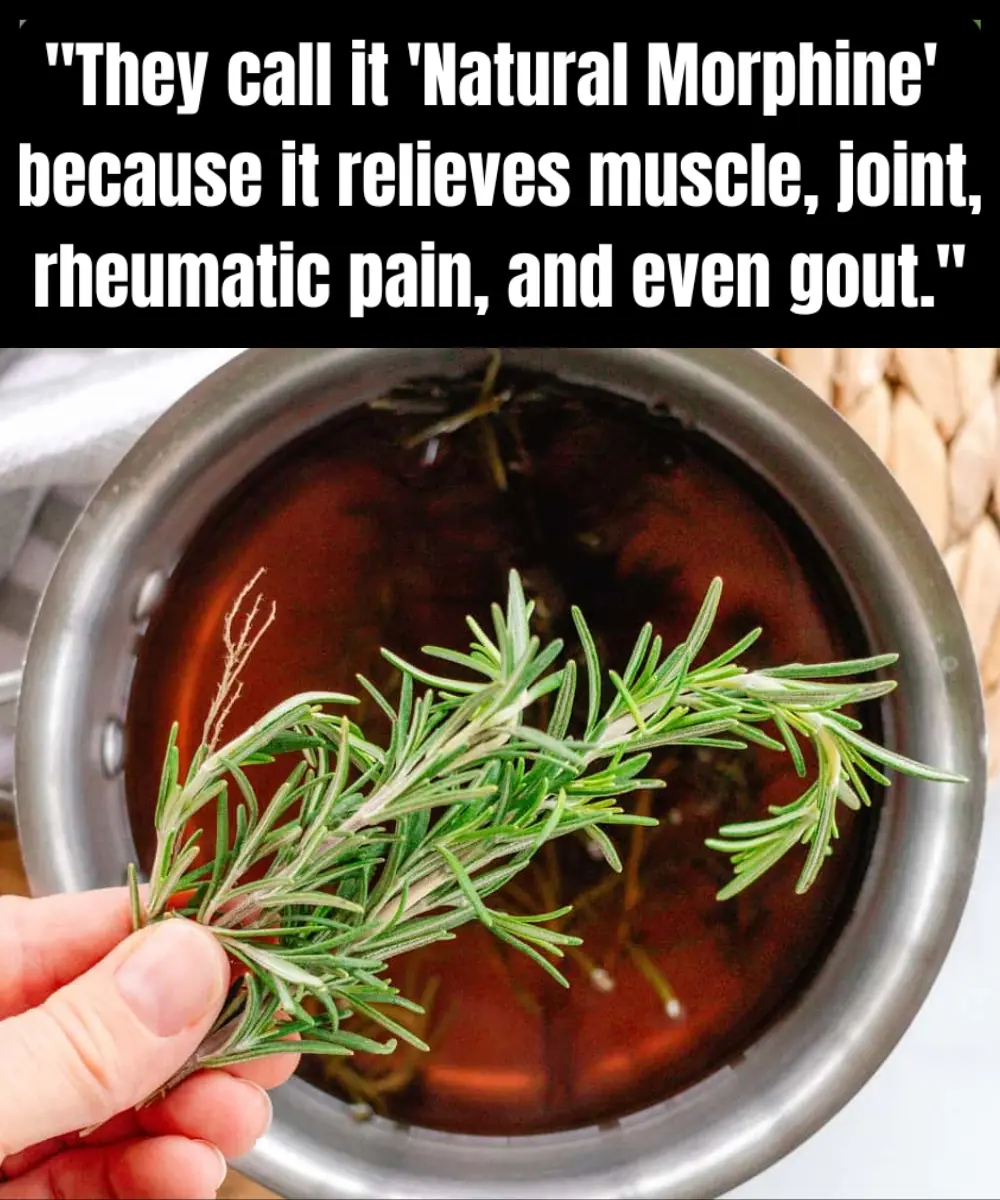
Itchy Breasts? Here Are 6 Health Issues That Could Be Behind It
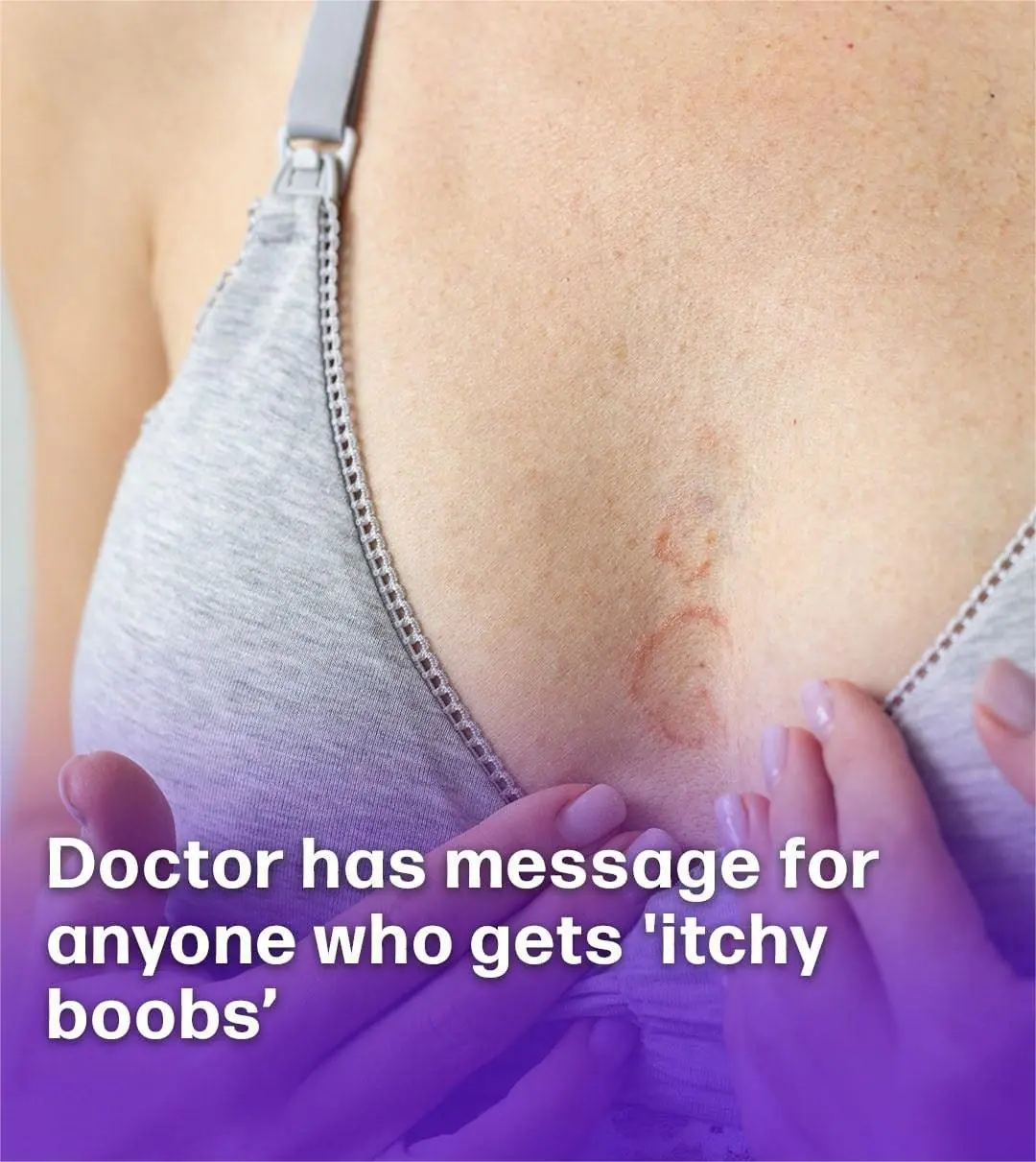
Breast itching is a common yet often overlooked symptom. While it’s usually harmless and temporary, persistent or severe itchiness could signal an underlying health issue that needs attention. Understanding what’s normal—and what’s not—can help you know when it’s time to see a doctor.
Below are six possible causes of itchy breasts, ranging from mild skin irritation to more serious medical conditions.
1. Dry Skin or Allergic Reaction
The most common cause of breast itchiness is simple dryness. Cold weather, harsh soaps, or hot showers can strip your skin of natural oils, leaving it flaky and itchy. Allergic reactions to detergents, perfumes, or fabrics (like lace or synthetic bras) can also trigger irritation.
What to do: Moisturize daily with fragrance-free lotion and switch to gentle, hypoallergenic laundry products.
2. Eczema or Dermatitis
Eczema (atopic dermatitis) and contact dermatitis can affect the breast area, especially under the breasts or near the nipples. Symptoms include red patches, small bumps, or scaling skin.
What to do: Use mild cleansers, avoid scratching, and apply a hydrocortisone cream if recommended by your dermatologist. Persistent or spreading eczema should be evaluated by a doctor.
3. Fungal or Yeast Infection (Intertrigo)
The warm, moist area beneath the breasts creates the perfect environment for fungi and yeast (like Candida) to grow. This often leads to redness, rash, and an intense itch, sometimes accompanied by a burning sensation or odor.
What to do: Keep the area clean and dry. Use an antifungal cream or powder as prescribed. Wearing breathable, cotton bras can help prevent recurrence.
4. Hormonal Fluctuations
Changes in estrogen levels—such as before menstruation, during pregnancy, or menopause—can cause breast skin to stretch and become more sensitive. This may lead to dryness and mild itching.
What to do: Stay hydrated, moisturize the area, and wear soft, supportive bras. The itch should resolve once hormone levels stabilize.
5. Psoriasis
Psoriasis is a chronic autoimmune skin condition that can appear on the breasts, especially near the chest or under the arms. It presents as silvery, scaly plaques accompanied by itching or discomfort.
What to do: Consult a dermatologist for prescription treatments, such as topical corticosteroids or light therapy, to manage flare-ups effectively.
6. Paget’s Disease of the Breast (Rare but Serious)
Though uncommon, Paget’s disease is a form of breast cancer that affects the nipple and areola. Early symptoms often mimic eczema—itchiness, flaking, or redness around the nipple—but may later include discharge, thickened skin, or inversion of the nipple.
What to do: If itchiness is persistent and localized around one nipple, or if there are other visible changes, seek medical evaluation immediately. Early detection is crucial.
When to See a Doctor
You should consult a healthcare provider if:
-
The itching persists for more than two weeks.
-
There is a rash, discharge, or bleeding.
-
You notice changes in the nipple or skin texture.
-
The itch affects only one breast.
Most cases of itchy breasts are harmless and easily treatable, but persistent symptoms shouldn’t be ignored. Paying attention to your body—and seeking care when something feels off—can help ensure early detection of potential health concerns.
News in the same category


Amazon Rainforest Fungus That Eats Plastic: A Real Discovery With Real Limits

A 3-Year-Old’s Final Walk: Honor, Sacrifice, and Hope

Europe to Replace Passport Stamps with Biometric Entry/Exit System Starting October 12, 2025
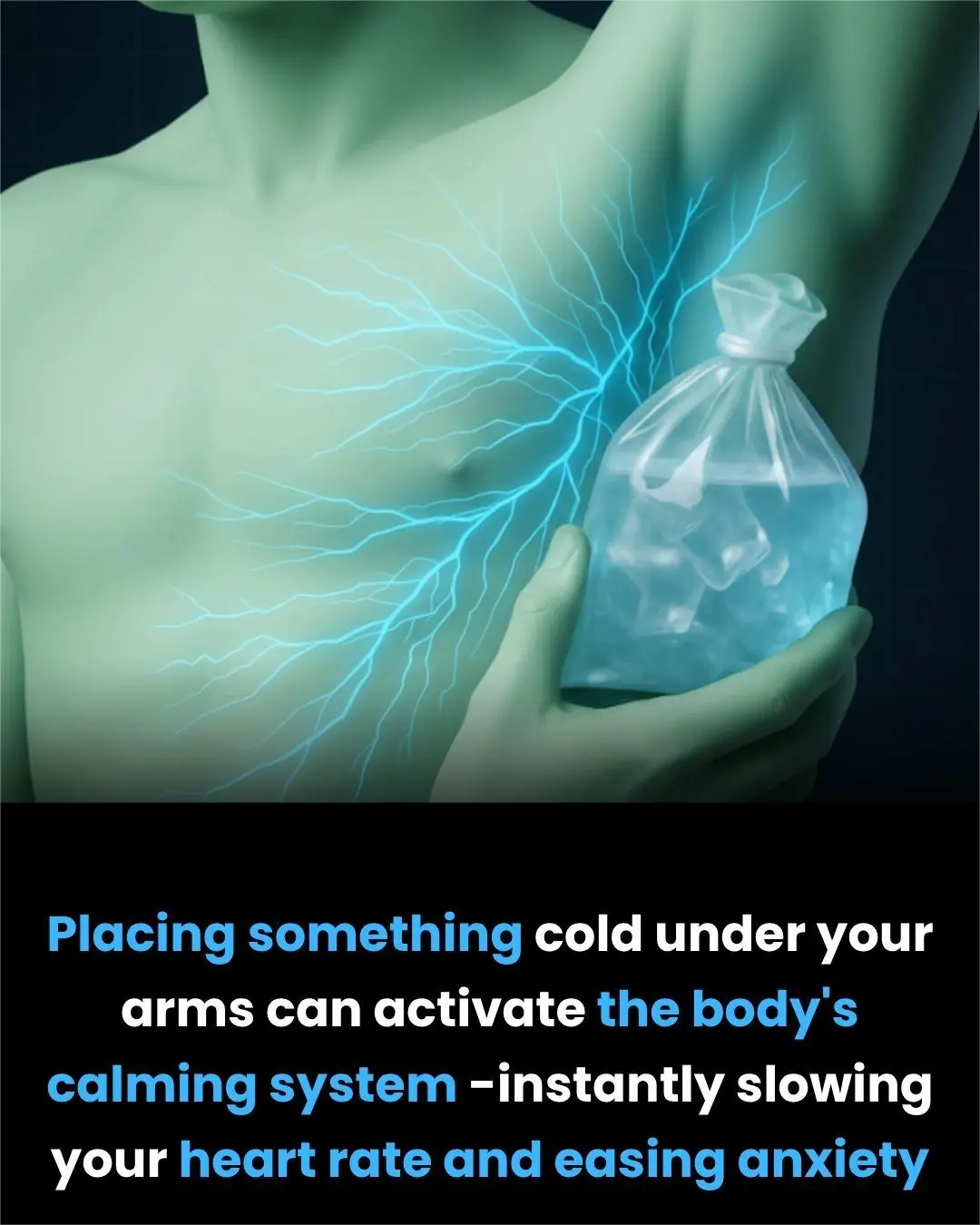
The Science Behind Why Putting Something Cold Under Your Arms Can Calm You Down

What it means when your partner turns away after making love

The Janitor Who Sent Five Children to College: A Father’s 18-Year Lesson in Sacrifice

Miss Universe Thailand’s Soda-Tab Gown: A Shining Tribute to Her Parents

China Develops Record-Breaking Super Camera Capable of Seeing Details 62 Miles Away

Japan’s Hybrid Coastal Defense: Engineering and Nature Working Together

Man in a Giant Dachshund Costume Steals Hearts Walking His Pet

Trapped in Darkness: How a Chinese Woman Survived 54 Hours in a Snake-Filled Well

The High Price of a Status Symbol: How a Teen’s Kidney-for-iPhone Deal Became a Cautionary Tale

❄️ Brave 11-Year-Old and Her Loyal Dog Save a Mother Goat and Newborn Kid in the Snow
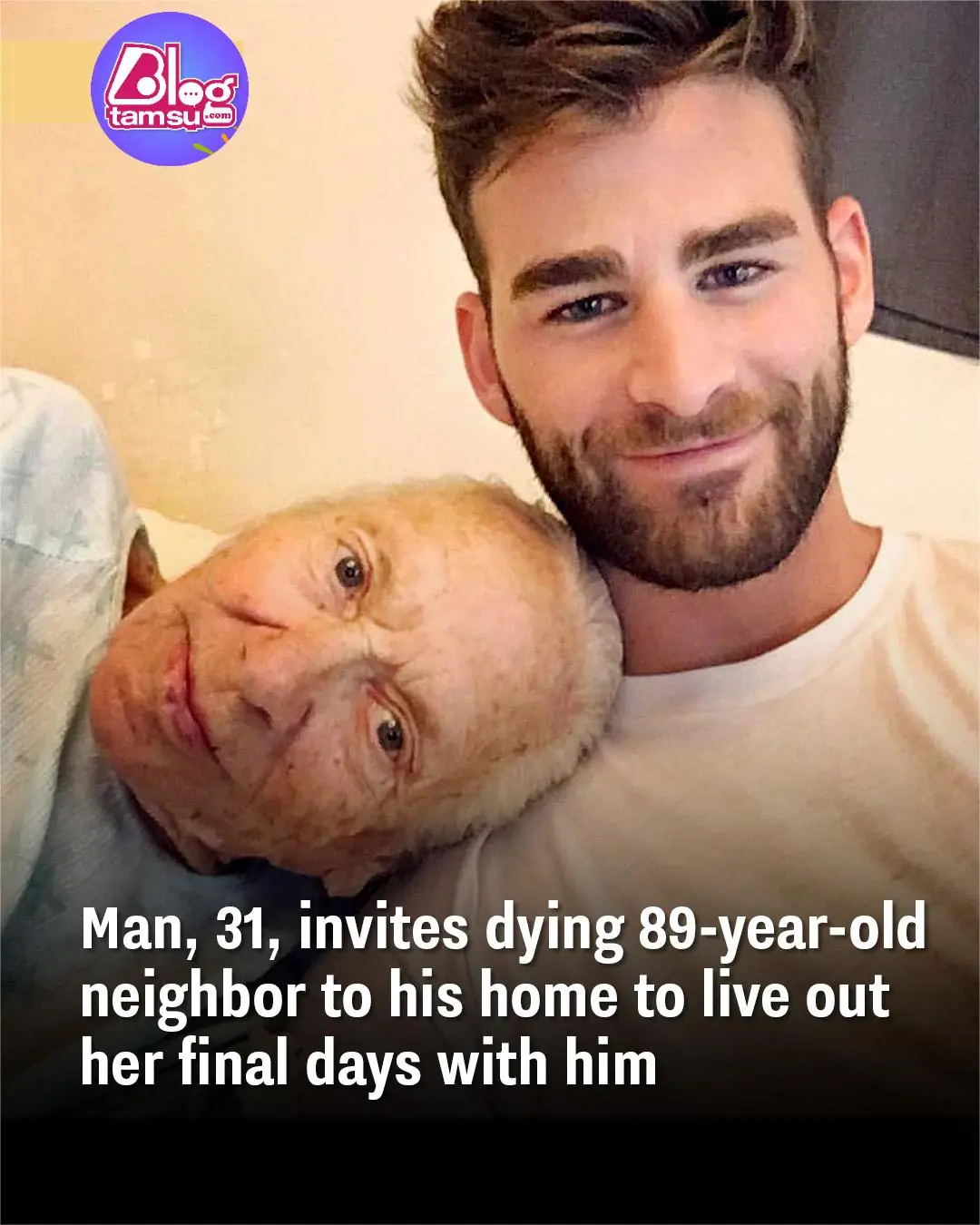
A Young Man’s Act of Kindness Gives an Elderly Neighbor Comfort in Her Final Days

Running Through Grief — A Father’s Marathon of Love and Memory

Japan’s Gentle Way of Making Space — Moving Trees Instead of Cutting Them Down

The Moon and Saturn Meet — October 5

Pick A Bread To See What Kind Of Woman You Are
News Post

61-year-old man remarries his first love, wedding night brings shocking revelation

When a K-Pop Birthday Went Wrong: The Brazilian Brother Who Mistook Kim Jong Un for a Korean Idol
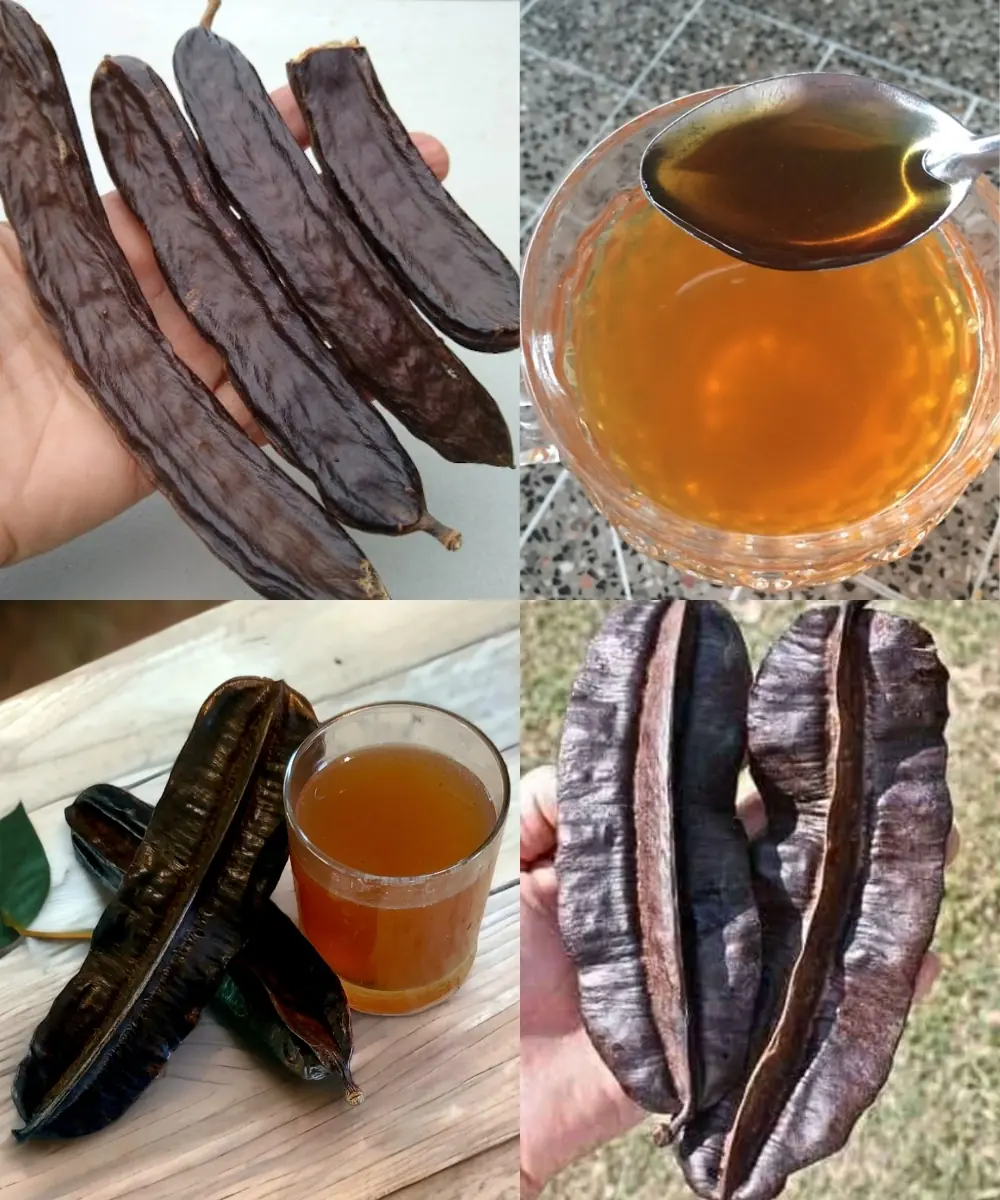
Carob: The Forgotten Superfruit Making a Healthy Comeback in 2025
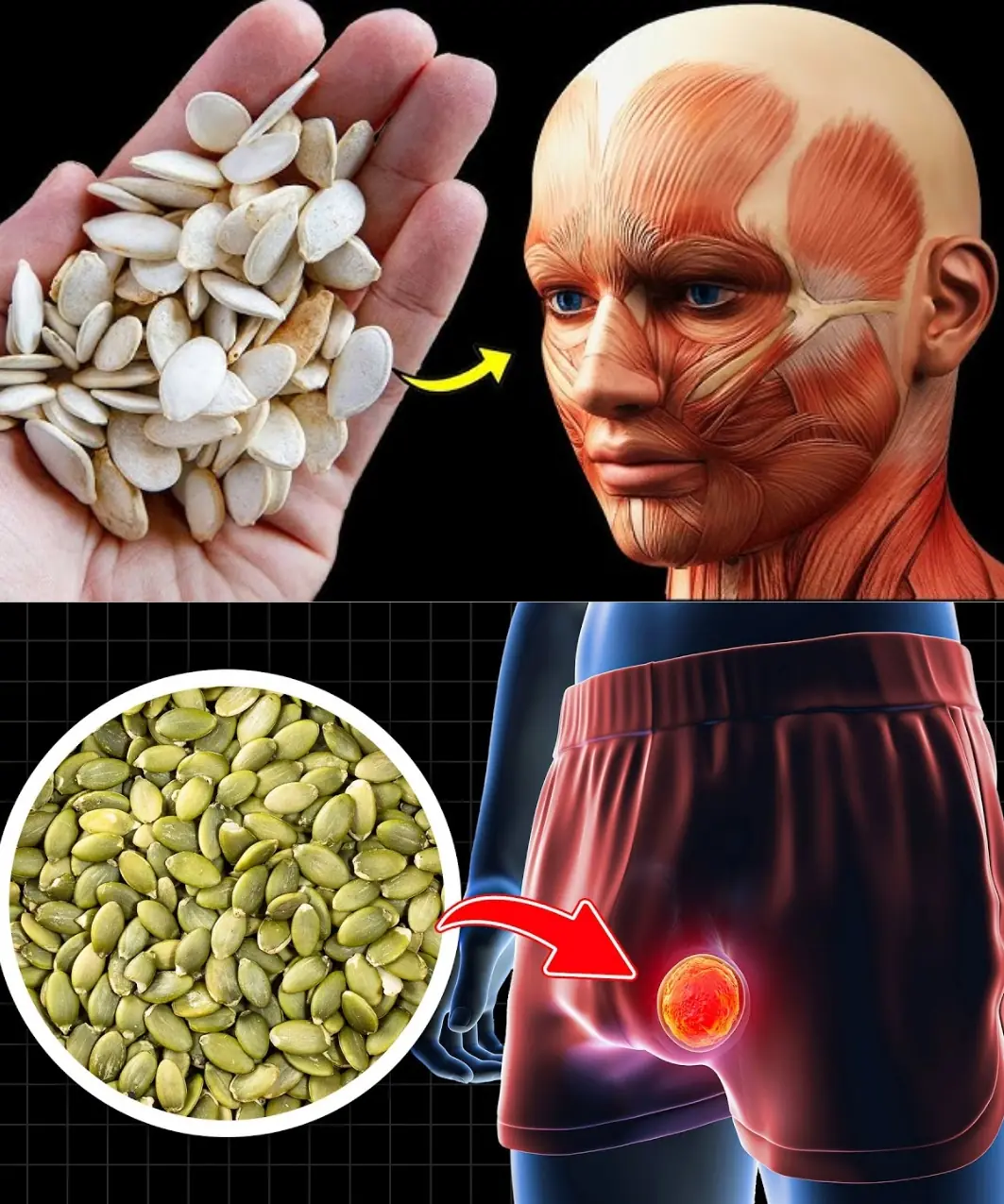
What Happens To Your Body When You Eat Pumpkin Seeds Every Day

4 foods to eat on an empty stomach in the morning to cleanse the gut, boost digestion, and lower cancer risk

Things that make men instantly unattractive
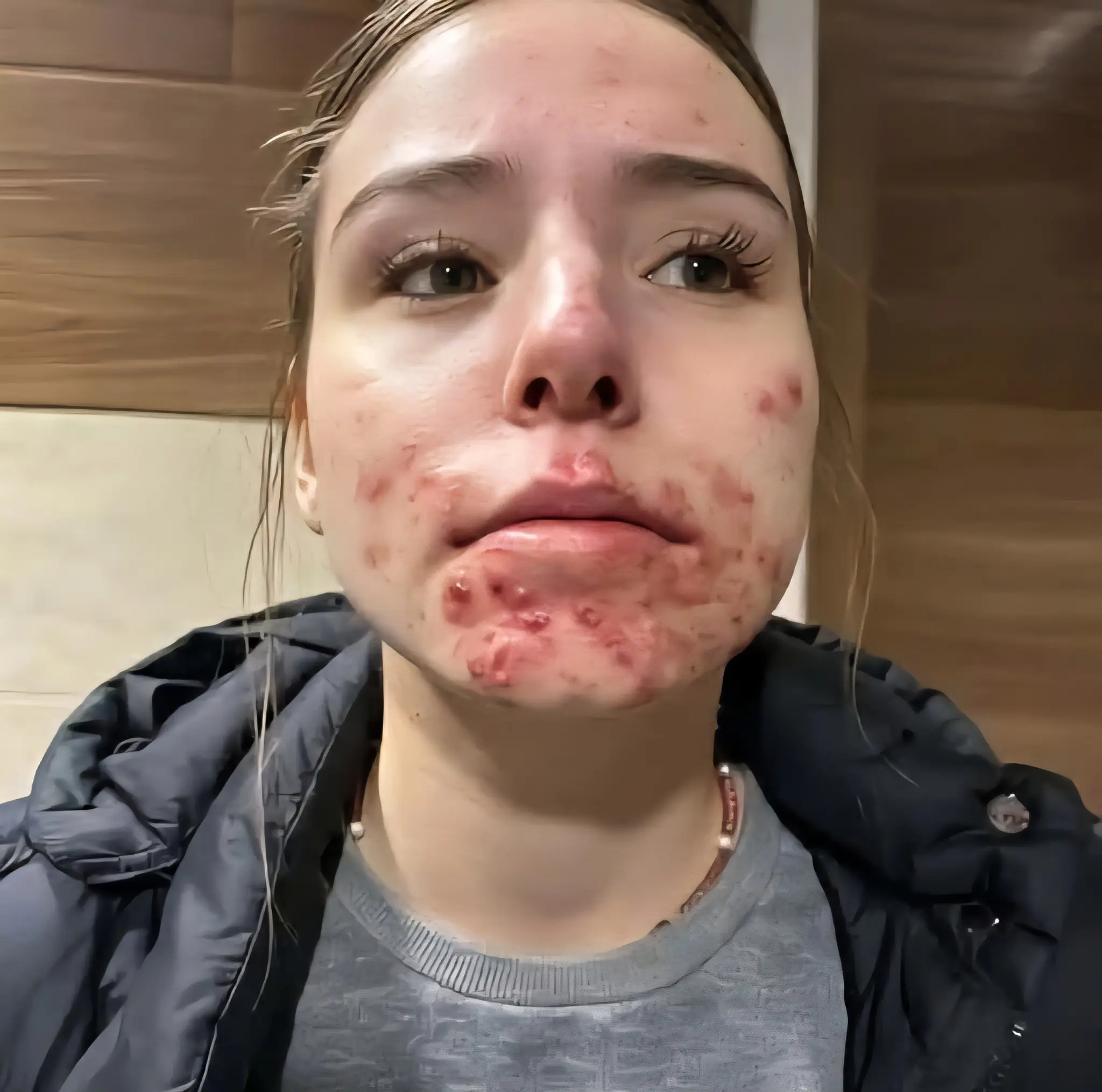
What Your Skin Could Be Telling You About Hidden Health Issues

Transform Your Health with Just 2 Cloves a Day: The Tiny Spice with Massive Benefits
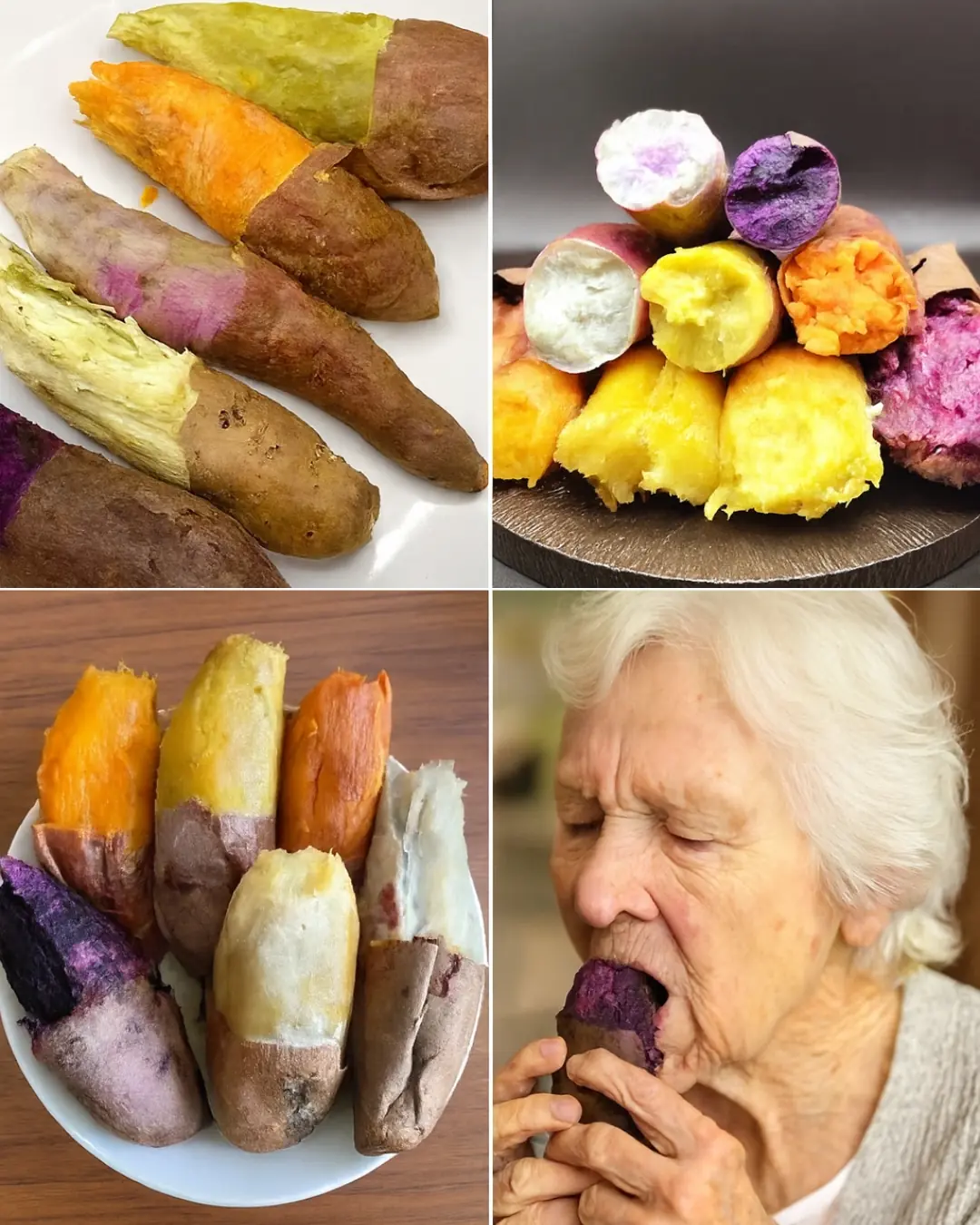
11 Secrets About Sweet Potatoes You Didn’t Know
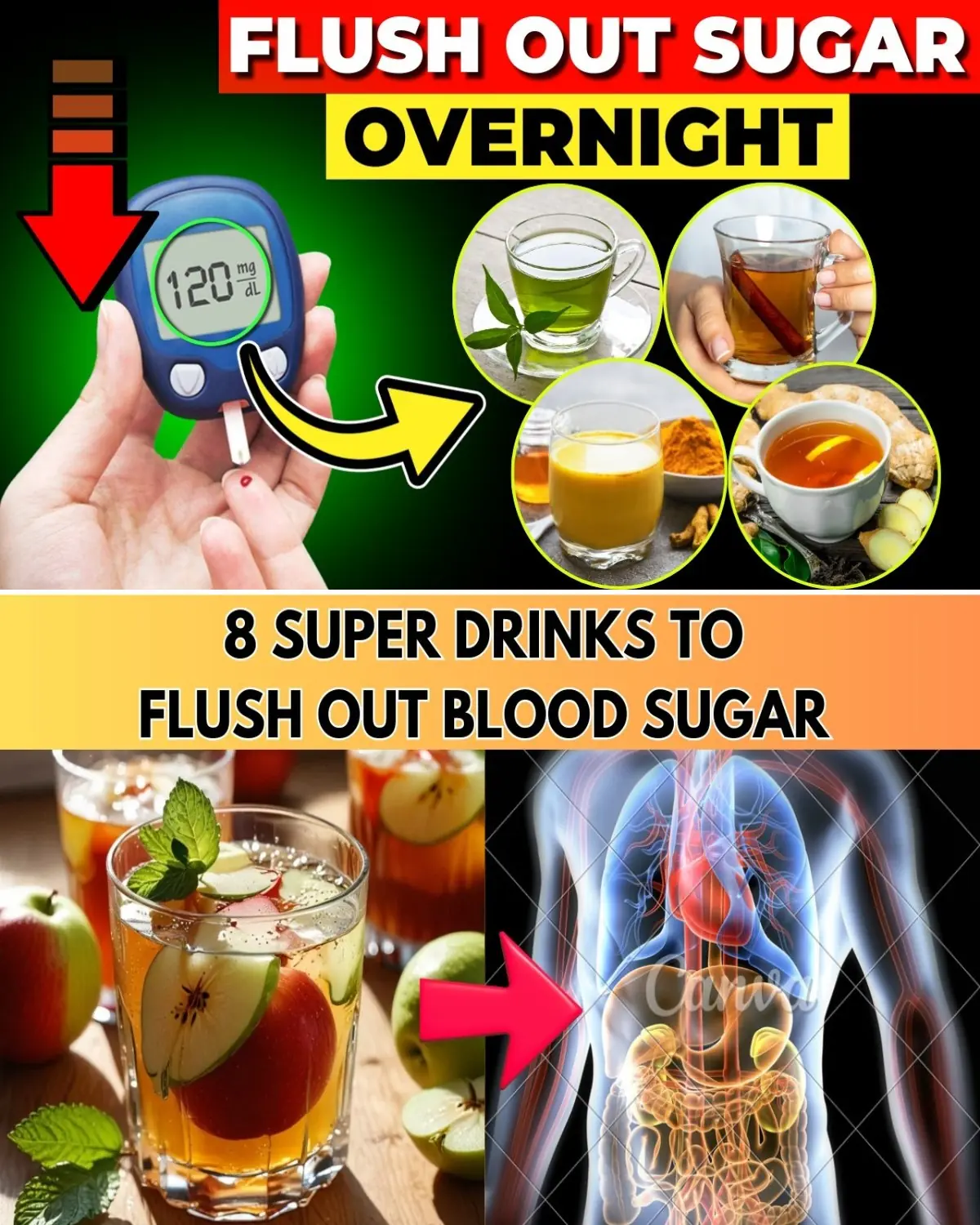
8 Super Drinks to Flush Out Blood Sugar Overnight
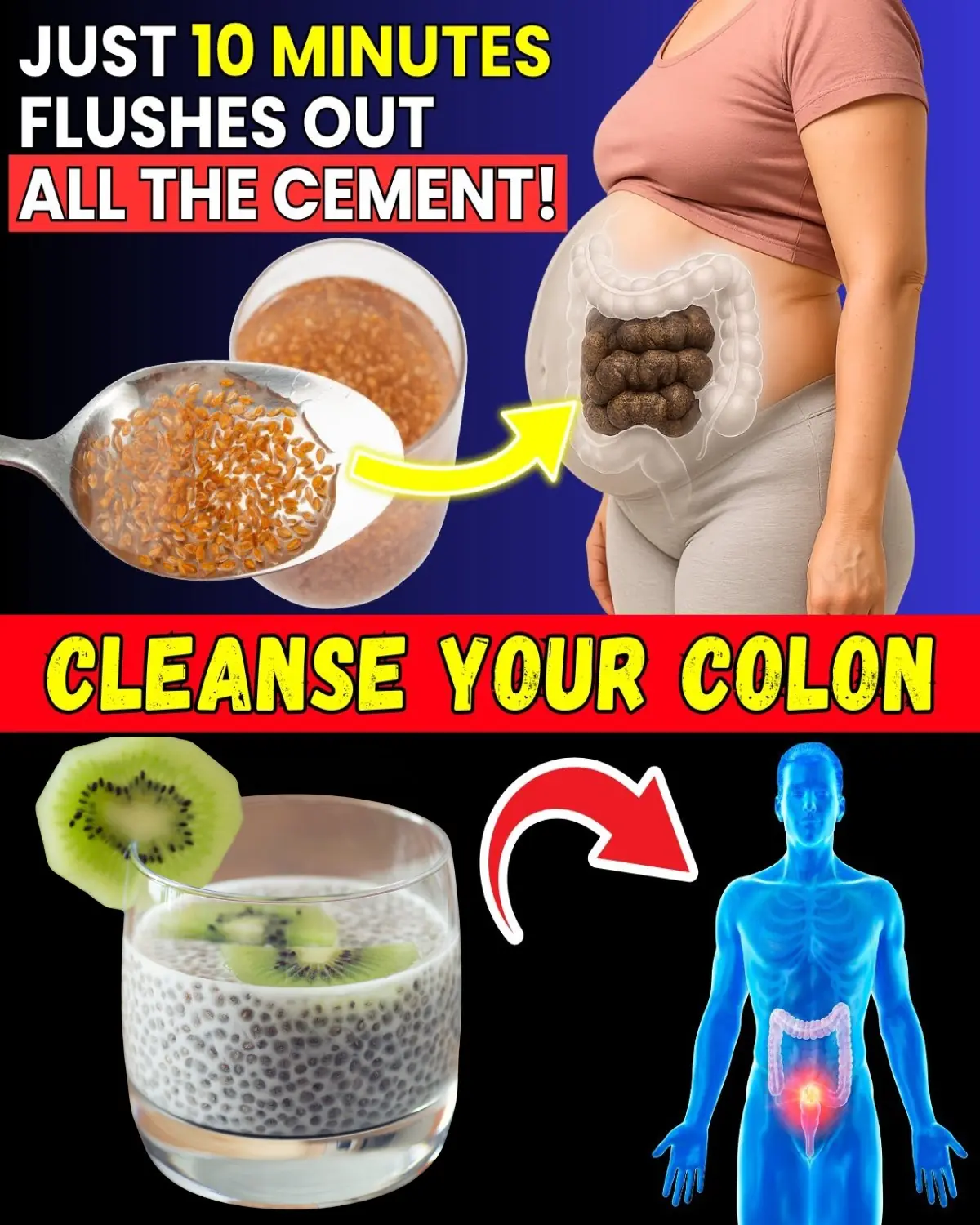
Drink This One Glass to Cleanse Your Colon Naturally in Minutes
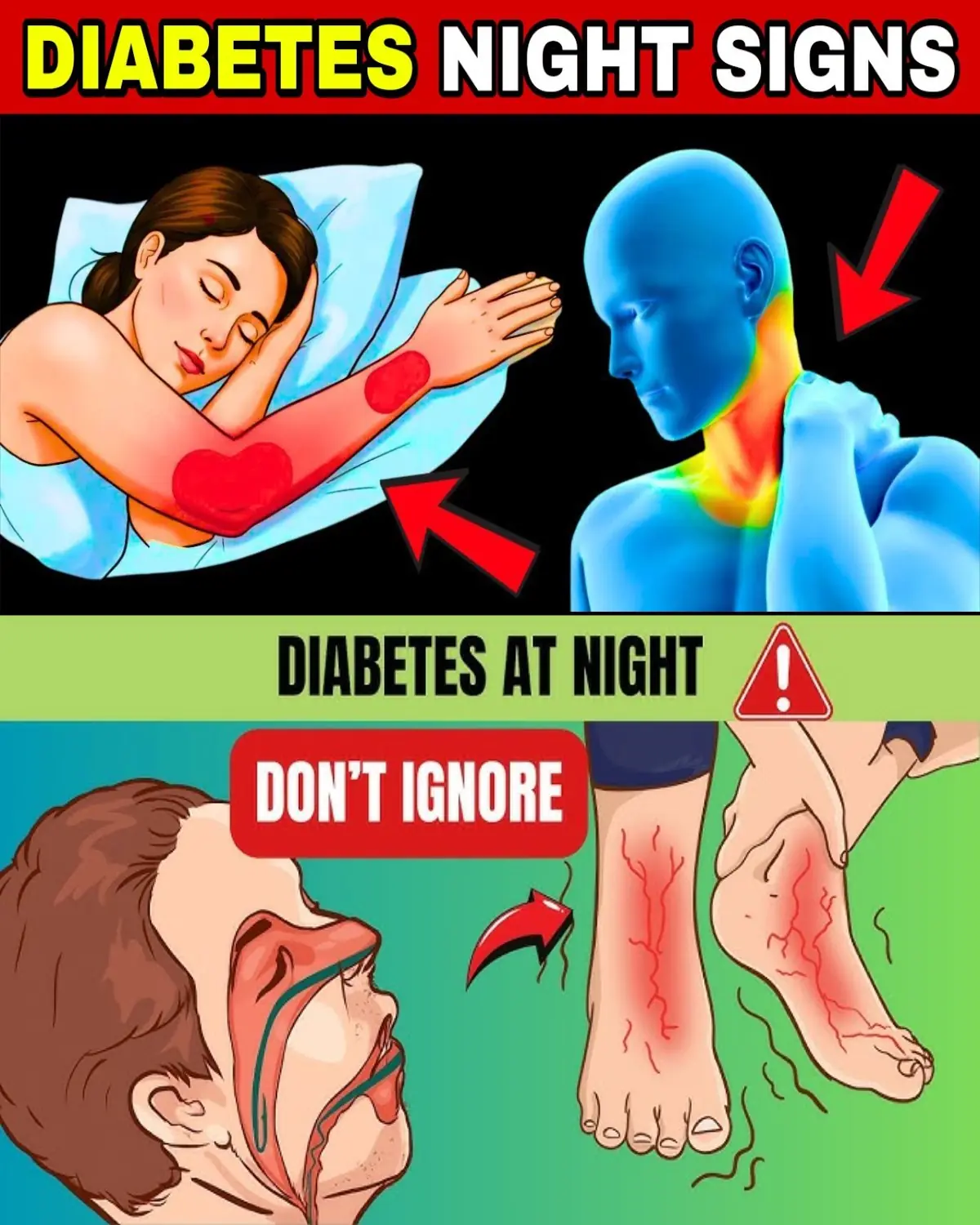
7 Nighttime Signs of Diabetes + 8 Tips to Avoid Blood Sugar Spikes Without Cutting Carbs!
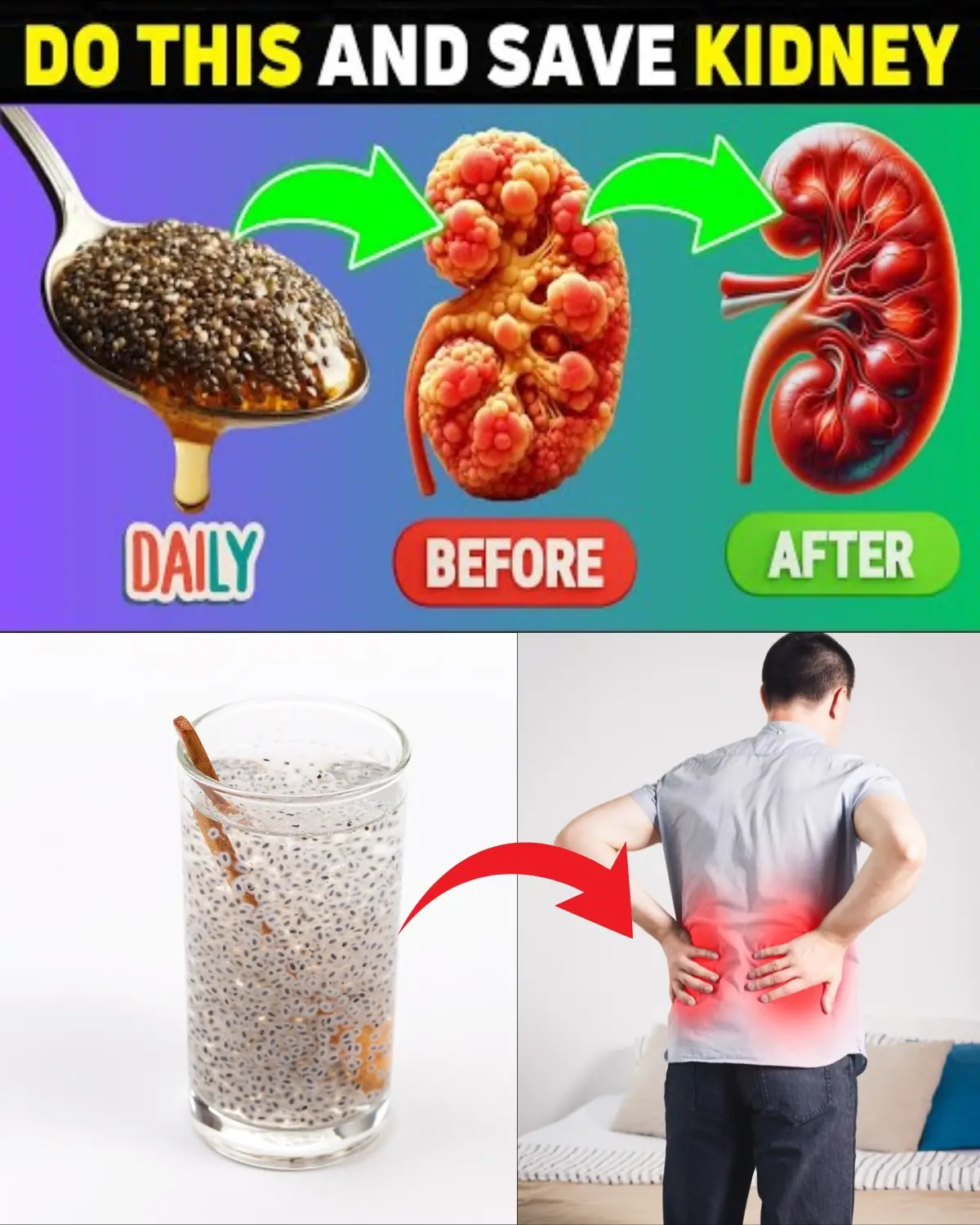
Do These 10 Things! No Kidney Patient Will Ever Lose a Kidney

Banana Tea: Should You Try It? (Nutrition, Benefits, Recipe)

When a Woman Stops Loving: Recognizing the Signs and Taking Care of Yourself

Amazon Rainforest Fungus That Eats Plastic: A Real Discovery With Real Limits

The Romantic Rituals of Seahorses: A Morning Dance of Devotion
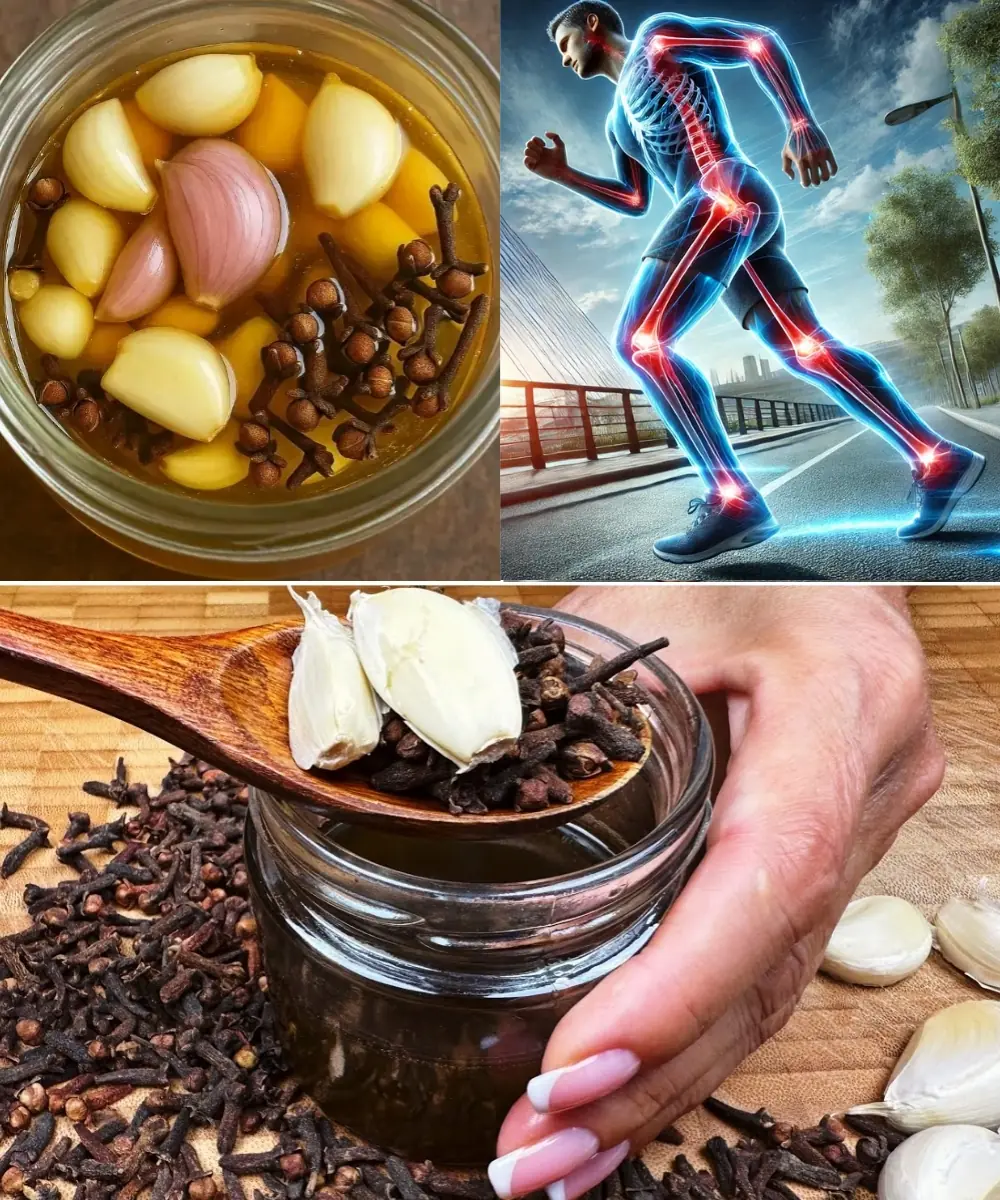
Garlic, Honey, and Cloves – A Powerful Natural Remedy Packed with Health Benefits
